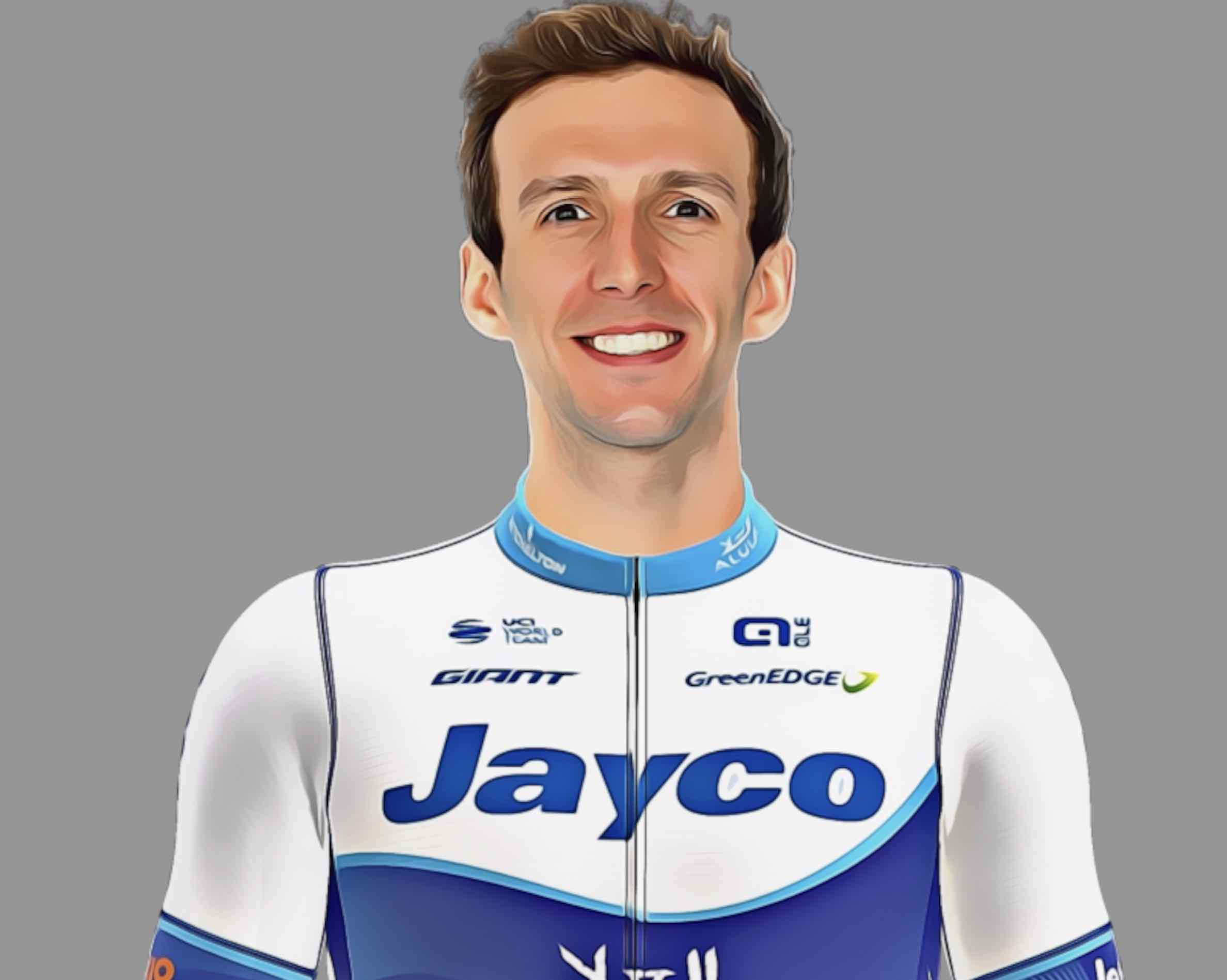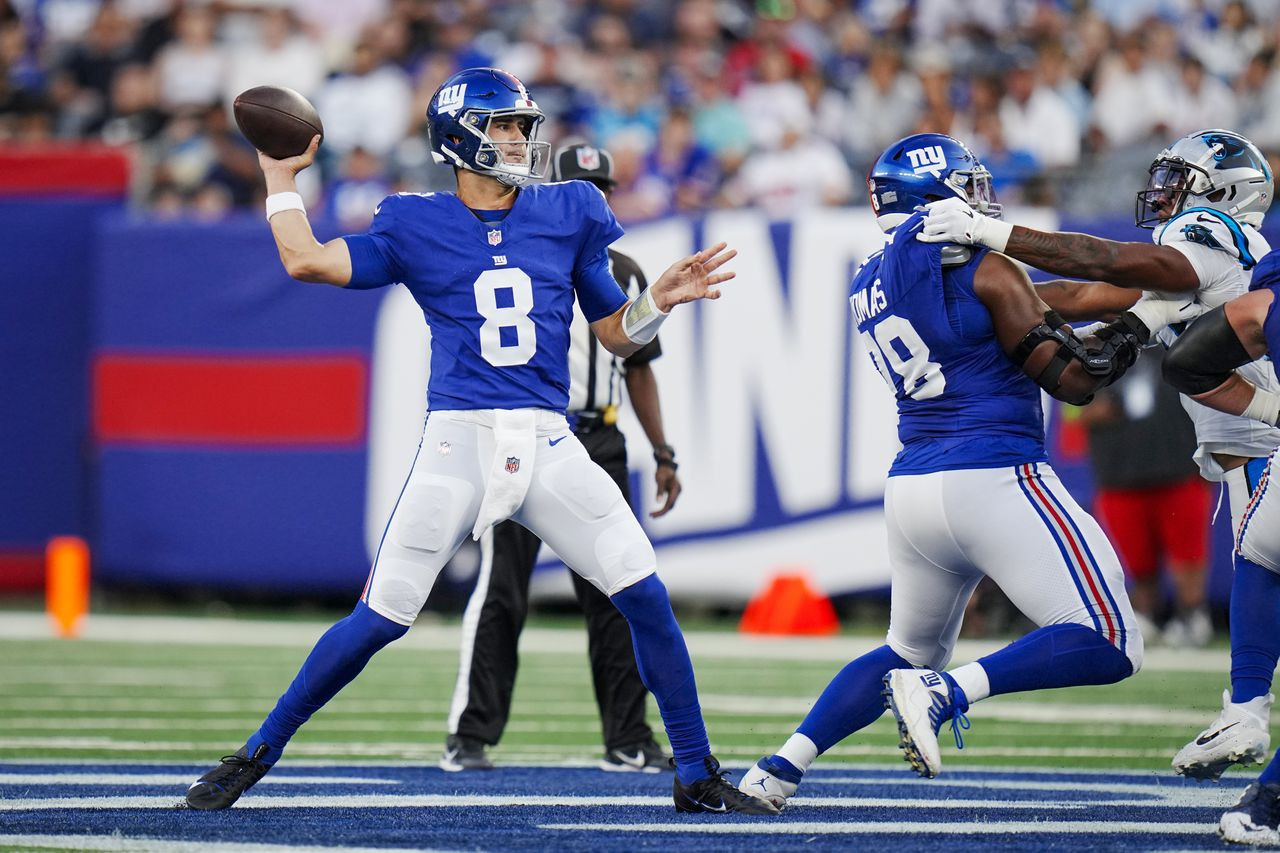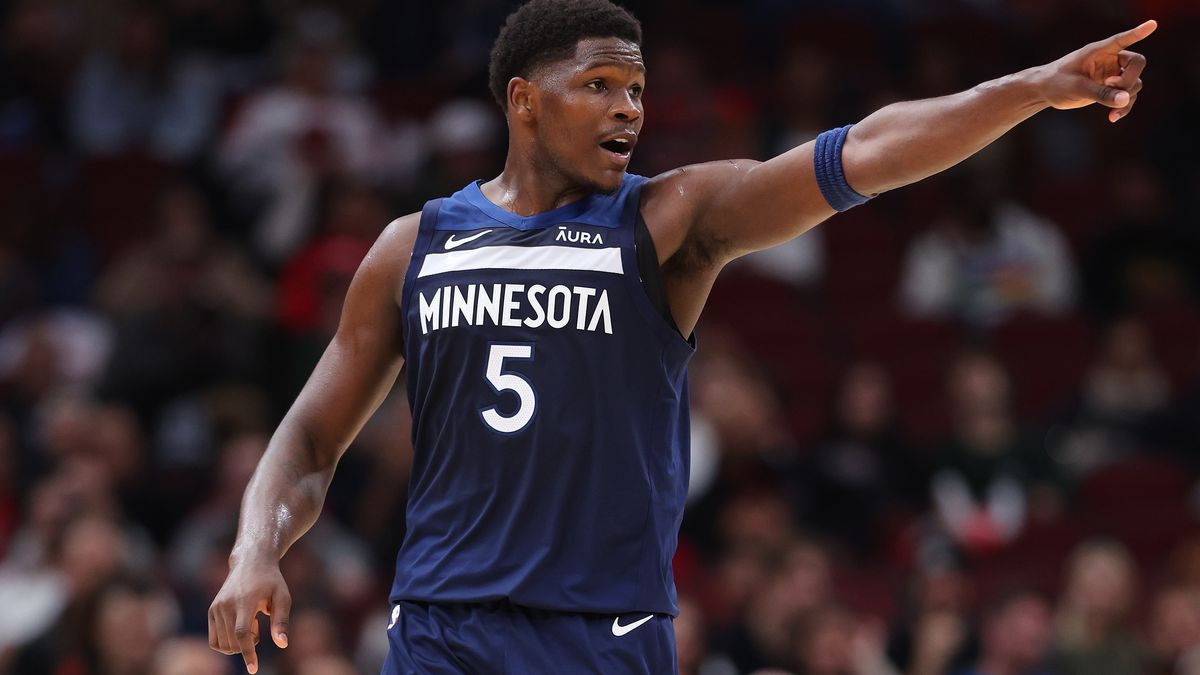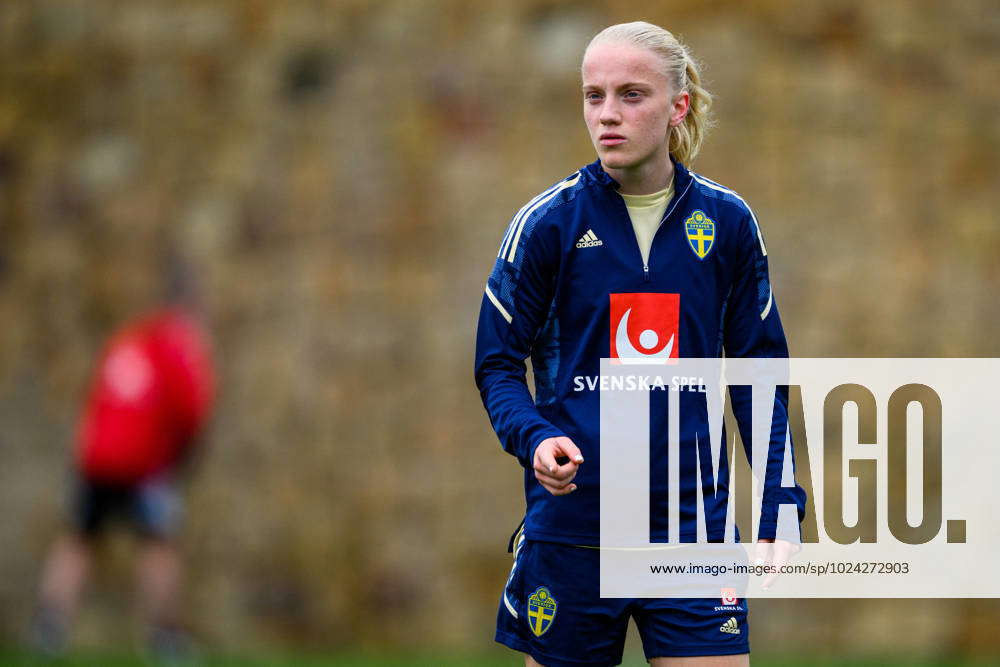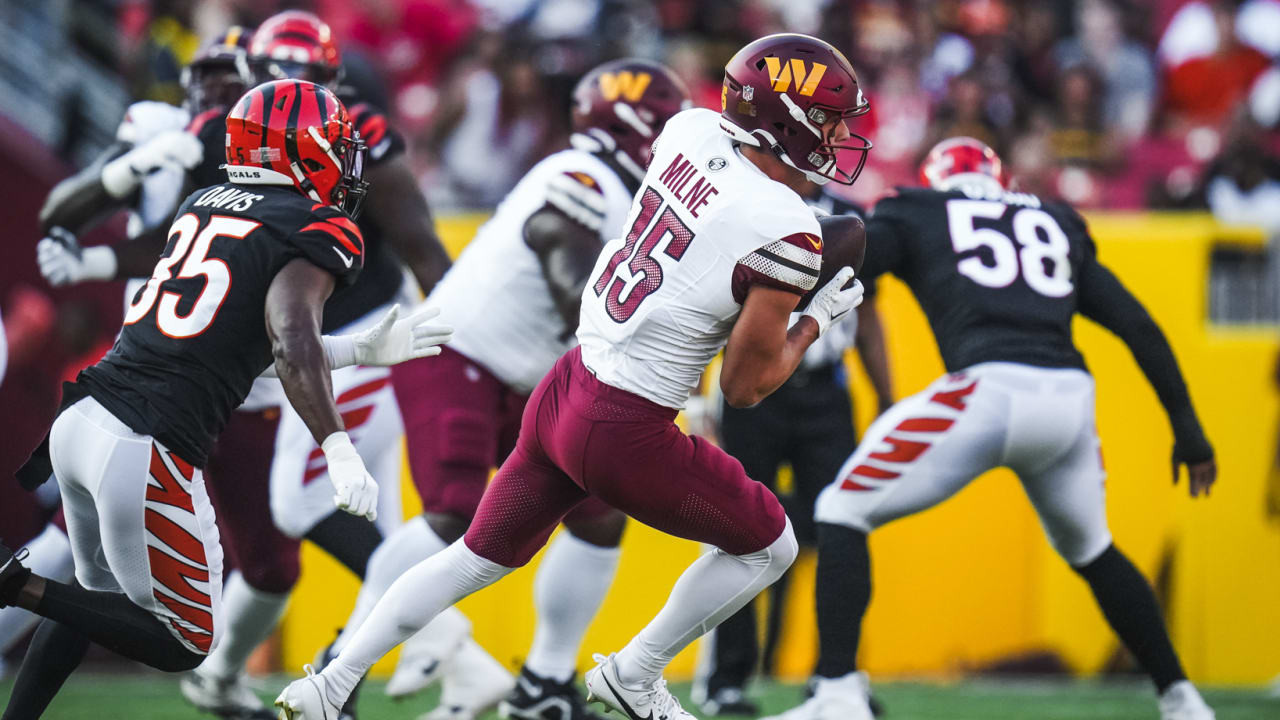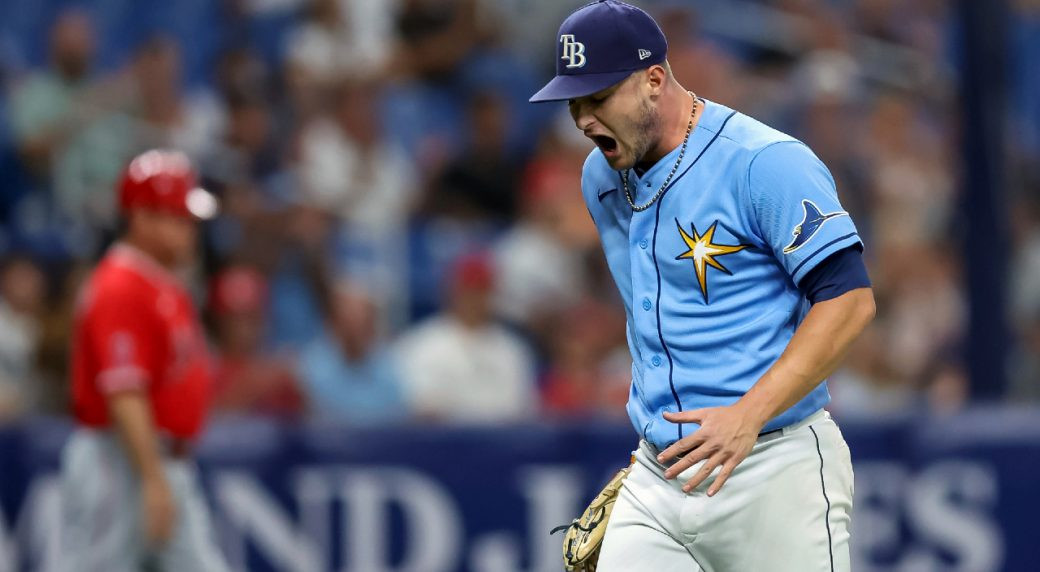Simon Yates has revealed that he took a pay cut to join Visma-Lease a Bike from Jayco-AlUla, with the Brit not wanting to miss the opportunity to join one of cycling's 'super teams' as he enters the twilight years of his career. For Yates, 32, it was a chance he couldn't resist, having rarely been offered as attractive a move during his 11 years on the Australian Greenedge outfit, which is now operating as Jayco-AlUla.
"When the announcement was made that I was making a switch, I saw a lot of comments saying that there should be budget limits [salary caps]," Yates told a small gathering of media including Cyclingnews ahead of the Grand Prix Cycliste de Québec. "But I took a pay cut to go to Visma. So, I was actively wanting to go there as well, because I want to be part of the best team."
Yates has joined Visma on a two-year deal and batted back criticism for signing with one of cycling's biggest teams after questions were raised over the concentration of top talent on the same few squads, with his decision coming after more than a decade of success at Jayco-AlUla but following a tough season in 2024.
"I think you have to think about it from the perspective of the rider and wanting to get the best out of himself. I've had 11 years of chances to do my own thing on this team and I don't think there's anything wrong with wanting to now go to one of these teams," Yates said. "It's an exciting opportunity and I think it was the right moment to make a change. I'm not getting any younger. But I still have the motivation. I still have strong feelings in the legs. If I left it any later, you start to really decline, so now is the time to change."
For Yates, who has only known the Australian team since he turned pro in 2014, it was also about making sure he ends his illustrious career without any regrets. "At the end of the day, not going to one of these super teams, I think I would regret when I finish if I didn't know what it was really like to be in one of the best teams," said the Brit in Québec. "The proposal came and I just couldn't really miss an opportunity like that."
Yates is following a similar path to his twin brother Adam Yates with his transfer, after the latter swapped one super team for another going from Ineos Grenadiers to UAE Team Emirates in 2023. Adam has found career-best form since joining the Emirati outfit, netting a podium finish at the Tour de France behind teammate Tadej Pogačar in 2023 and taking eleven wins so far in his two seasons, which is seven more than he managed during his two-year stint at the British team.
"Of course, he's had a very successful change there when he left from Ineos. So I would not say it was my inspiration, but it gave me confidence in my decision that it would be a good one," Yates said, before admitting that he had sought his brother's view before taking the plunge. "We're close. We discuss pretty much everything together. And he had the same opinion as what I'm telling you guys, you know, that maybe a change would be good."
While it seems Yates could be brought in as a super domestique for the Tour de France, replicating how Adam has been utilised, he revealed that he joined for an 'open role' with the chance to ride for his own ambitions as well as those of the team's big stars such as Jonas Vingegaard. "It was an open role. It was to have chances, and also work sometimes for somebody else. I was completely happy with that," said the Brit of what was agreed in his negotiations. "I'm still motivated to do well, and whether that's in a support role for those guys, or also winning myself, I am never against being in that role of helping somebody else, but I've just never really had the chance here to do that."
Yates has endured a tough year plagued with injuries and illnesses, notably contracting COVID-19 at the Tour de France and only taking one victory at the AlUla Tour. However, his new venture with Visma offers a chance not only in a new support role but also potentially with a newfound top-level, as has been the case with many of their recent signings who have benefitted from joining the plethora of talent at the Dutch outfit. But his time at the Australian organisation is not yet finished, and Yates hopes to take just one more win as he closes the curtain on the team that's seen him win the Vuelta a España overall, take two stages at the Tour de France, six at the Giro d'Italia alongside an overall podium there in 2021. Simon Yates will remain a Greenedge fan even when he dons the black and yellow of Visma-Lease a Bike.
"I've been on this team for 11 years, this is my team, you know, let's say in football terms. I support this team," Yates said. I've only put my arms in the air once this year, and I would like to do it again, one final time, at least, to do it for the team."
Yates' decision to join Visma-Lease a Bike is a bold one. He is leaving a team where he has had a lot of success, and he is taking a pay cut to do so. However, he is clearly motivated by the chance to race with some of the best riders in the world and to experience what it is like to be part of a 'super team'. It will be interesting to see how he performs in his new role at Visma-Lease a Bike and whether he can achieve his goals.
Yates' Decision: A Strategic Move or a Leap of Faith?
Simon Yates' decision to join Visma-Lease a Bike is a significant one. Not only is he leaving a team he has been with for over a decade, but he's also taking a pay cut. So, what factors contributed to this decision? And what does it mean for his future?
The Lure of a 'Super Team'
Yates has been open about his desire to experience what it's like to be part of a 'super team.' He sees the move to Visma-Lease a Bike as an opportunity to learn from some of the best riders in the world and to test himself against the highest level of competition. This desire to challenge himself and push his limits is a key motivator for Yates, and it's a factor that many riders consider when making team decisions.
Seeking New Horizons
After 11 years at Jayco-AlUla, Yates is looking for a fresh challenge. He wants to be part of a team that is pushing the boundaries of cycling performance and that has the resources and support to help him reach his full potential. This desire for a change of scenery and a fresh start is common among riders at various stages of their careers.
Taking a Calculated Risk
While Yates acknowledges the pay cut, it appears to be a calculated risk he's willing to take. He believes that the benefits of joining Visma-Lease a Bike outweigh the financial considerations. This strategic approach reflects a common trend among high-performing athletes, who are willing to prioritize long-term career goals over short-term financial gains.
The Future for Yates: A Blend of Ambition and Opportunity
Yates' move to Visma-Lease a Bike is about more than just a change of scenery. It's about embracing new opportunities and maximizing his potential in the twilight years of his career. His new team's 'open role' approach allows him to race for his own ambitions while also contributing to the team's overall success. This flexibility provides Yates with the best of both worlds: the chance to chase his own victories and the experience of supporting a team's star riders like Jonas Vingegaard. The move could potentially result in a shift in his racing style as he adapts to the demanding requirements of being a super domestique.
It's clear that Yates is motivated to finish his career on a high note. While he reflects fondly on his time at Jayco-AlUla, he's excited about the challenge ahead at Visma-Lease a Bike. Whether it's helping Vingegaard win the Tour de France or earning his own podium finishes, Yates' move suggests a blend of ambition and opportunity that could define the final chapter of his career.
The 'Super Team' Debate: Is It Good for Cycling?
The rise of 'super teams' in cycling has sparked debate within the sport. While some argue that they raise the level of competition and provide a platform for the best riders to showcase their talents, others argue that they create an imbalance in the sport and stifle the growth of smaller teams.
Proponents of 'super teams' argue that they offer riders the best resources and support to achieve their full potential. They point to the fact that these teams often attract the best talent and create a highly competitive environment that pushes riders to excel. This, they argue, ultimately benefits the sport by raising the overall level of competition and producing more exciting races.
However, critics of 'super teams' argue that they create an uneven playing field and make it difficult for smaller teams to compete. They point to the fact that 'super teams' often have significant financial advantages and are able to sign the best riders, leaving smaller teams struggling to find sponsors and attract top talent. This, they argue, leads to a lack of diversity in the peloton and makes it harder for smaller teams to develop new riders and break through to the highest level.
The 'super team' debate is likely to continue for some time. It's a complex issue with no easy answers. Ultimately, the success of 'super teams' depends on their ability to foster a healthy and competitive cycling ecosystem that benefits both riders and fans.




